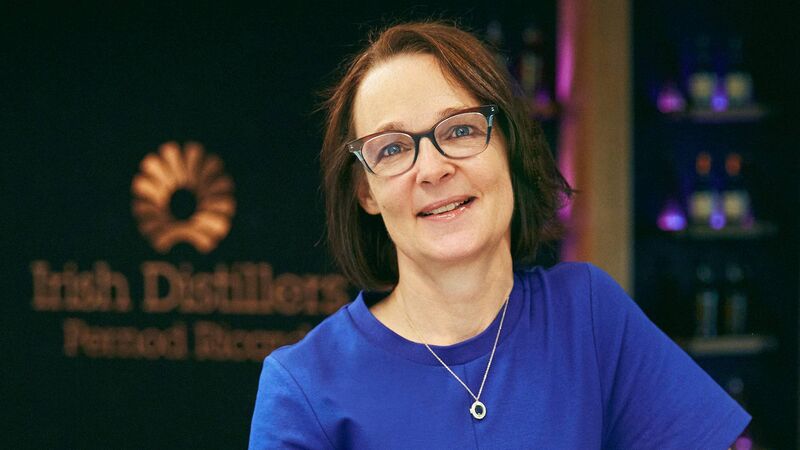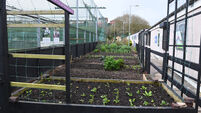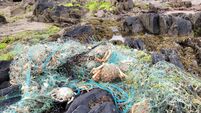Drinks group: €92m tax cut can save tens of thousands of jobs

Protecting Irish drinks and hospitality jobs: Kathryn D’Arcy, newly elected chair of the Drinks Industry Group of Ireland, and director of communications and corporate affairs at Irish Distillers.
Ireland can protect tens of thousands of hospitality and drinks sector jobs with a 7.5% reduction on excise tax on alcohol products, says Kathryn D’Arcy, newly elected chair of the Drinks Industry Group of Ireland.
The director of communications and corporate affairs at Irish Distillers, Kathryn succeeds Diageo’s Liam Reid following his two-year term as DIGI chair. Kathryn's first priority is to protect jobs.














